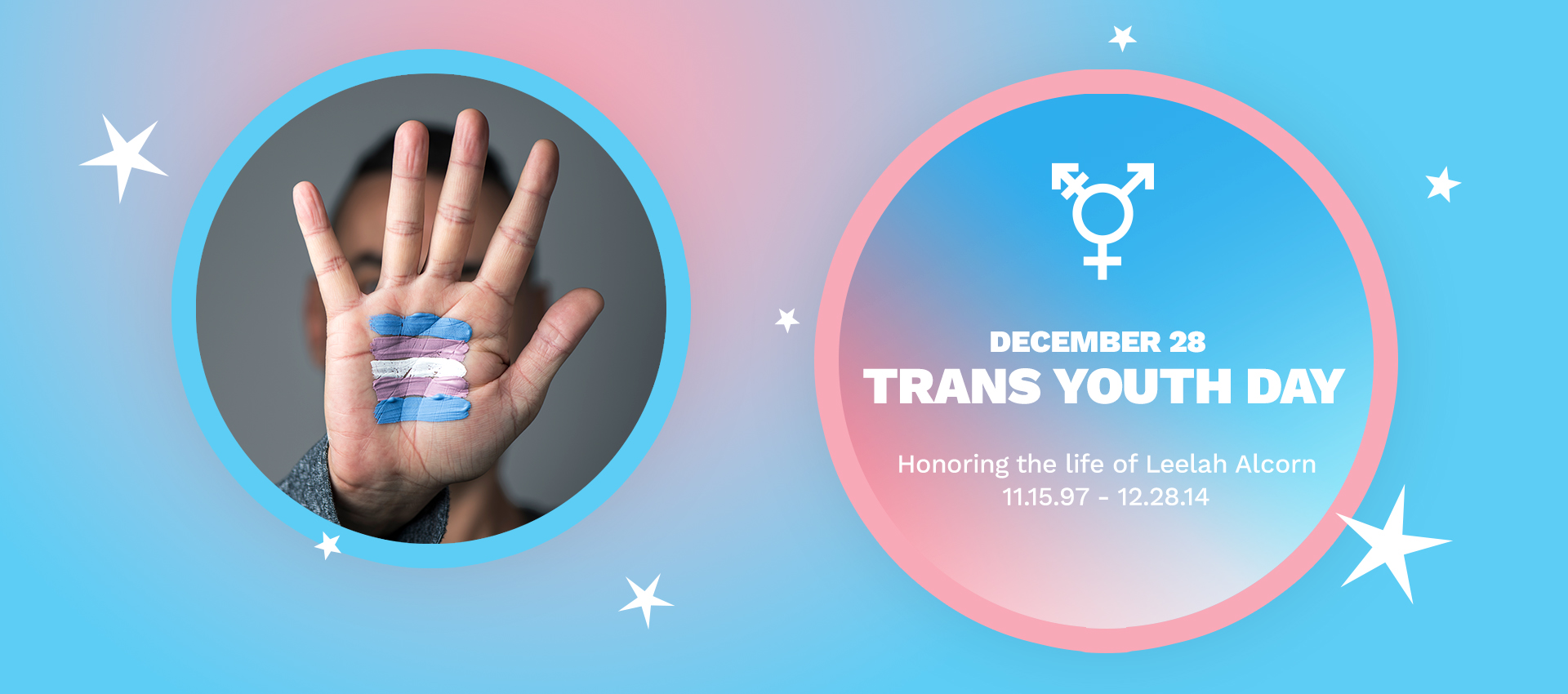During the writing of this blog the tragic story of Nex Benedict became public. Nex was a non-binary teen with Choctaw ancestry who was beaten by three older students in their Oklahoma high school bathroom.
This blog is dedicated to their memory.
Despite centuries of colonization and genocide by settlers worldwide, indigenous people and their cultures are still here.
Awareness to Celebration:
March 21st marks Two-Spirit and Indigenous LGBTQQIA+ Awareness to Celebration Day. It is held close to the Spring Equinox because it is a time of transformation and change, representative of the space Two-Spirit people have traditionally occupied: the in-between.
The purpose of this day is to spread awareness of indigenous identities and celebrate the diversity of sexualities and genders that exist within these communities. Separate from Western Pride celebrations, this day increases the visibility of diverse Indigenous cultures and honors the resilience of their traditional sexualities, gender expressions and identities.
Indigenous Knowledge
Indigenous knowledge is based on a more holistic understanding of the world, where everything is connected and works together without hierarchy. Indigenous ways of knowing integrate the mind, body and spirit and place high regard on respecting all things.
Unlike Westernized knowledge, which places importance on dominance and competition, Indigenous understanding emphasizes collaboration and harmony.
Because of the expansive conceptualization of gender, sex, sexuality, and identity found in Indigenous cultures, there has been a recent movement for decolonizing sexuality.
Decolonization is a pushback against the cultural genocide of colonization, recognizing that Westernized knowledge is not the only way of making sense of the world around us.
Two-Spirit
“Two-spirit” was coined in 1990 by elder Myra Laramee at the Third Annual Inter-tribal Native American, First Nations, Gay, and Lesbian American Conference. The term was created to refer to individuals who have both a masculine and feminine spirit and is the translation of an indigenous word meaning “two spirits.” It is an umbrella term used by many indigenous people that encompasses a wide variety of sexualities, gender expressions and even relationship styles.
However, not every LGBTQ+ indigenous person identifies as two-spirit, nor does every two-spirit person consider themselves to be LGBTQ+.
Acknowledge and Uplift
The impact of colonization on Indigenous peoples continues today in the shape of continued oppression and discrimination, cultural erasure and historical-generational traumas resulting in limited access to healthcare, increased rates of poverty and increased rates of substance and alcohol use.
The Western worldview is just one perception of the world, and a harmful one at that. It has been used to justify the genocide of many cultures, and we must acknowledge the damage that has been perpetuated under colonization. By learning about and uplifting indigenous ways of knowing, we open ourselves to having a more holistic understanding of our role in the world and what exists around us.
Decolonizing knowledge and sexuality provide us with a way to break out of the Westernized, colonized boxes we have been conditioned to see and believe in.
You deserve to have a medical provider who is supportive of not only your identity, but also your culture. Take control of your health by finding a provider near you!



